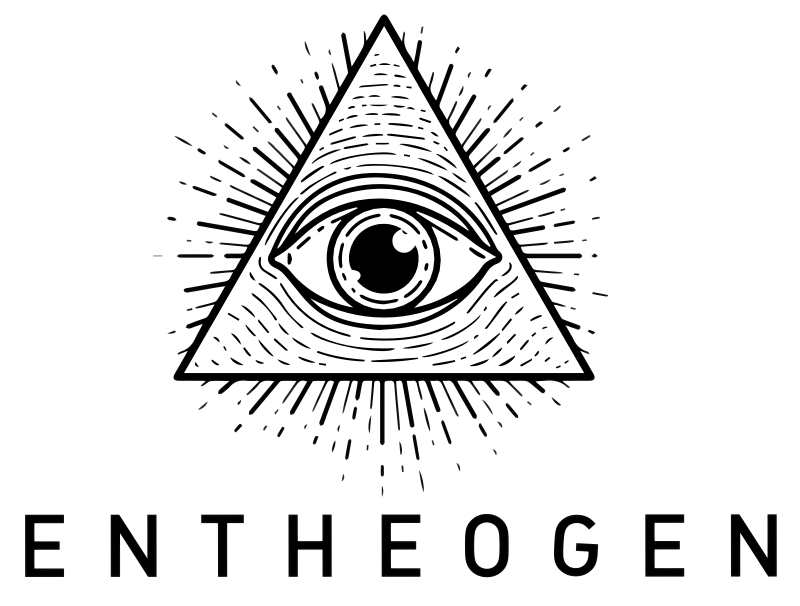Recorded on March 16, 2015
This is Entheogen: three human beings discussing generating the divine within while still being human beings. In this episode, recorded on March 16, 2015, we continue our Founder Focus series and discuss Stanislav Grof.
Topics:
- Grof began studying LSD in 1956 when Sandoz shipped a big box of LSD-25 ampules, with a mysterious description of the history of its discovery by Albert Hofmann, and offering two suggested avenues of research: first, to induce a experimental state of psychosis in normal people, and secondly as an unconventional educational tool, to induce this state in the therapist to better understand the "psychotic" state. Grof had been feeling dissatisfied with modern psychology and lack of results, costs in time, energy, etc., and the Sandoz box and invitation came at just the right time.
- He also agreed to have his brainwaves driven as a participant in another avenue of research that was taking place, which involved stereoscopic light – which, combined with the LSD, elicited an overwhelming experience of cosmic consciousness, and a sense of becoming everything there was.
- Grof discusses the correlation between the workings of the brain and consciousness, but points out there is no proof that the brain creates consciousness. His first psychedelic experience brought him to a state of superconsciousness that led him to understand that consciousness was a property of reality that can be experienced by humankind, but was not created by the brain.
- In psychiatry, these states are Altered States are considered pathologic. Grof realized we needed a new word and coined Holotropic: Holos, wholeness; tropic, movement toward something.
- Grof writes: The term “altered states of consciousness” commonly used by mainstream clinicians and theoreticians is not appropriate, because of its one-sided emphasis on the distortion or impairment of the “correct way” of experiencing oneself and the world. (In colloquial English and in veterinary jargon, the term “alter” is used to signify castration of family dogs and cats). Even the somewhat better term “non-ordinary states of consciousness” is too general, since it includes a wide range of conditions that are not relevant for the subject of this paper. Here belong trivial deliria caused by infectious diseases, tumors, abuse of alcohol, or circulatory and degenerative diseases of the brain. These alterations of consciousness are associated with disorientation, impairment of intellectual functions, and subsequent amnesia.
- Grof describes two modes of consciousness: hylotropic referring to "the normal, everyday experience of consensus reality" and holotropic, which is moving toward wholeness (e.g. meditative, mystical, psychedelic experiences).
- Grof developed breathing techniques (Holotropic Breathwork) as a successor to the use of psychedelic drugs, when psychedelics encountered legal difficulty in the 1960's.
References:
- Beyond Awakening Series by Terry Patten (search for Grof interview)
- The Revision and Re-Enchantment of Psychology: The Legacy of Half a Century of Consciousness Research by Stanislav Grof, M.D.
- Subjective Experiences During the LSD Training Session, a trip report by Stan Grof from 1970
- Food Fighter, New Yorker article about John Mackey, CEO of Whole Foods, which mentions his therapeutic session of holotropic breathing with Grof
- Mind States IV conference talks
